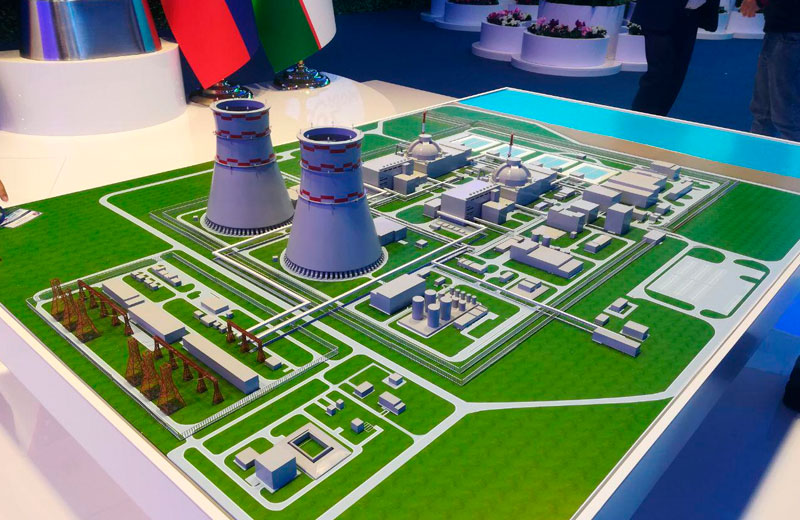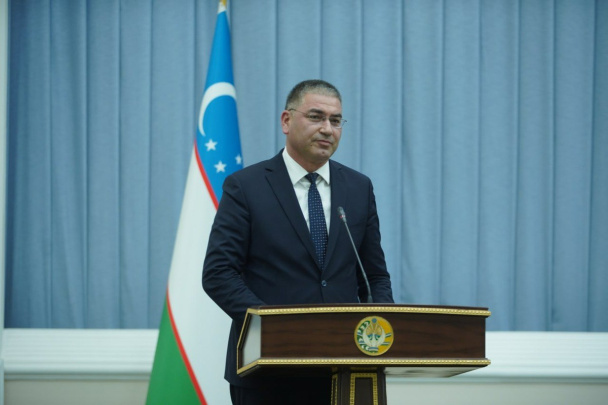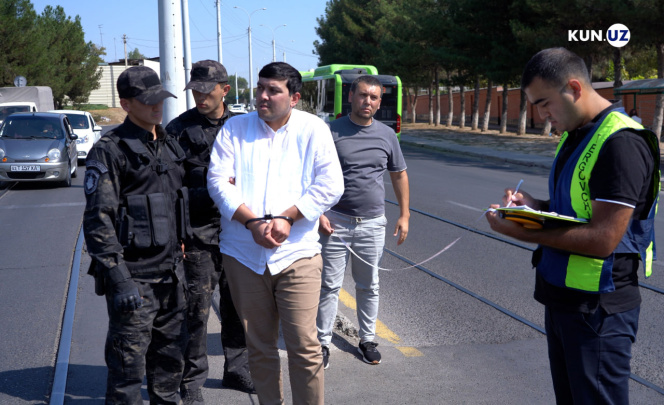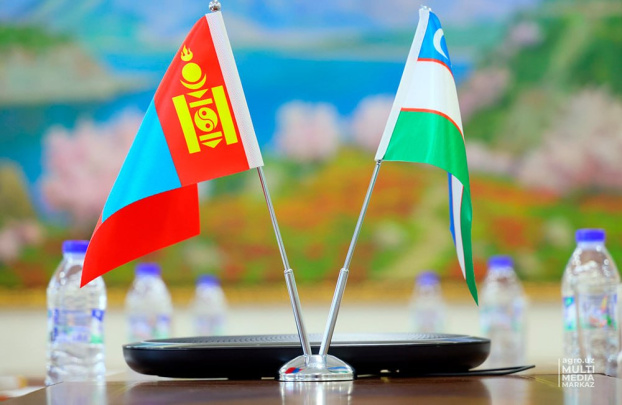The IAEA expert group completed a 12-day visit to Uzbekistan, during which they reviewed the development of the nuclear energy program infrastructure. This integrated nuclear infrastructure review (INIR) was conducted at the invitation of the Uzbek Government, the press service of Uzatom reported.
The INIR team was received by Ministry of Energy of Uzbekistan. The specialists assessed development of nuclear infrastructure based on the criteria of phase 2 of the IAEA Basic Stages approach, which contains detailed recommendations on three phases (review, preparation, construction) of development.
The expert team concluded that the country’s nuclear energy program has strong state support and demonstrates a clear commitment to reliability, security and non-proliferation. They noted that Uzbekistan has made significant progress in developing the NPP project and has taken steps to improve its regulatory framework, strengthening the regulatory body.
The specialists presented recommendations and proposals to assist Uzbekistan in the preparations for constructing its first nuclear power plant.
The team consisted of one Brazilian and one Bulgarian expert, as well as eight representatives of the IAEA. They reviewed 19 nuclear infrastructure issues using the IAEA core development assessment methodology.
Prior to the visit of the mission, Uzbekistan submitted a self-assessment report and supporting documents that cover all infrastructure issues to the IAEA.
The team highlighted areas that could be improved further, including accession to international legal instruments, such as the Convention on Nuclear Safety, the Convention on Early Notification of a Nuclear Accident and the Vienna Convention on Civil Liability for Nuclear Damage. The Government should ensure creation of a consistent and complete national legal framework for nuclear security by consolidating and strengthening legislation.
Uzbek government is also required to provide adequate human and financial resources for the nuclear regulatory authority. Although the country has made significant progress in the development of the NPP project, there is still work yet to be completed on project research, environmental assessment procedures, stakeholder engagement activities and construction management opportunities.
The expert team also identified best practices that would benefit other nuclear power developing countries in the areas of human resources, finance, and nuclear security.






